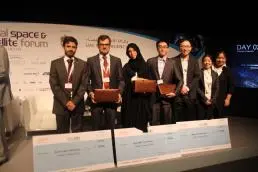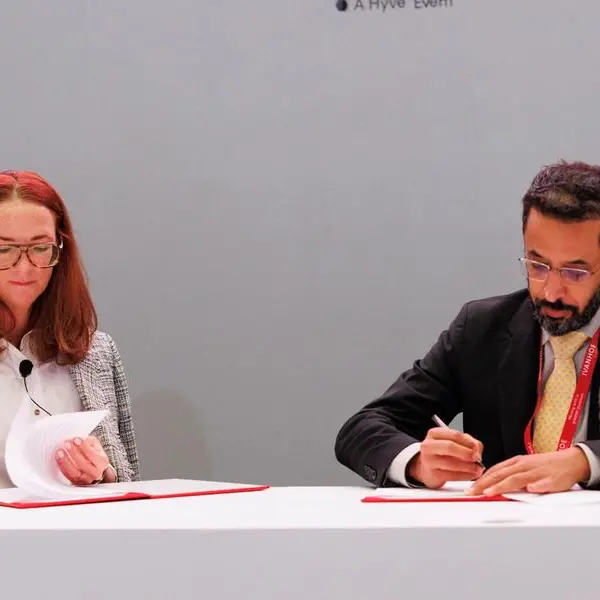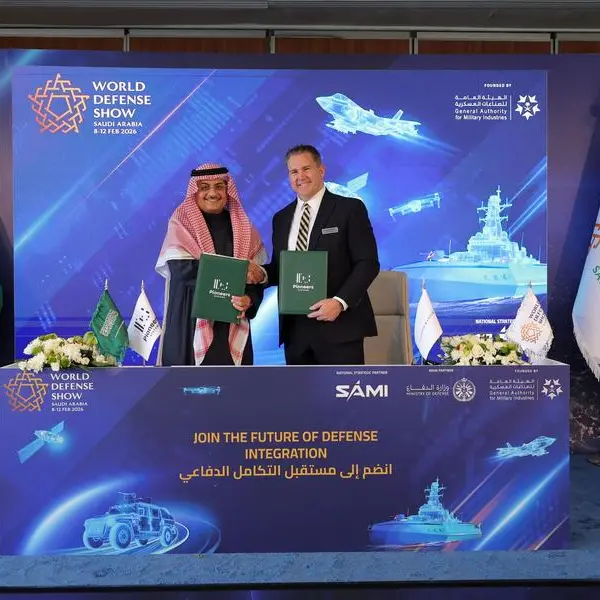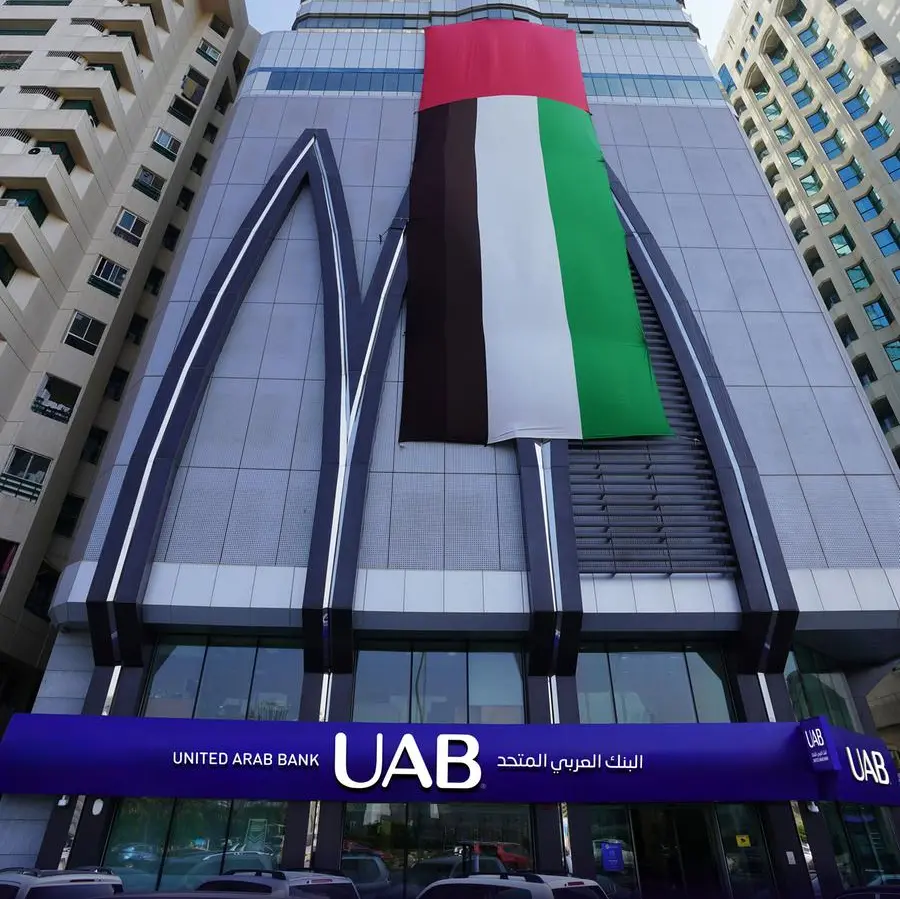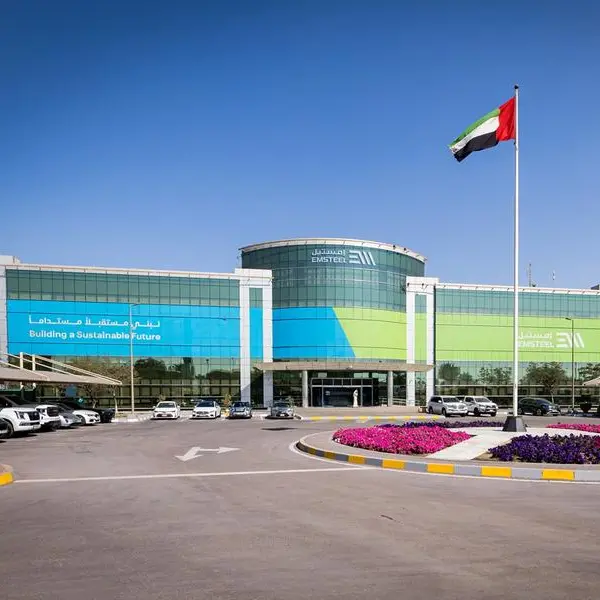PHOTO
Masdar Institute Teams Awarded 3 of 5 Prizes at Remote Sensing Applications Competition 2014 for Innovations in Remote Sensing Applications
Abu Dhabi-UAE: 12 July, 2015
Students and faculty from the Masdar Institute of Science and Technology have won top prizes for their innovative applications of high-resolution satellite data as part of a competition held by the Mohammed bin Rashid Space Center, reinforcing Masdar Institute's commitment to develop the human and intellectual capital needed for the UAE's space ambitions.
Masdar Institute's project teams defeated 23 other teams to win three of the top five prizes at the 'Remote Sensing Applications Competition 2014' (RSAC 2014).
The main purpose of the RSAC 2014, which was launched last September, is to enhance the research and development of advanced applications that use high-resolution satellite data provided by DubaiSat-2 - the UAE's second earth imaging satellite.
"Masdar Institute is committed to helping the UAE achieve its national space goals, primarily through developing the researchers who will help produce and operate the innovative space technologies," said Dr. Behjat AlYousuf, Interim Provost, Masdar Institute. "We are proud of our students' achievements and their success reflects Masdar Institute's support of innovative research that drives region-specific solutions through the use of advanced satellite technologies."
Dr. AlYousuf added: "With the establishment of a dedicated graduate level space-oriented education specialization, Masdar Institute will continue to support UAE development in fields relevant to the UAE space agency mission."
"The competition aims to promote the utilization of the DubaiSat-2 mission data. The innovations developed through this competition use DubaiSat-2 data for a wide range of disciplines, spanning from land use and land cover, topography and geology, terrestrial (vegetation) ecosystem, agriculture and forestry, hydrology and climate, oceanography and coastal zone, disaster and natural hazards, resource exploration, and development of spatial data infrastructure," said Eman Saeed Al Tunaiji, Engineer, Application Development and Analysis, Mohammed bin Rashid Space Center.
Al Tunaiji revealed that the prize-winning applications would be explored and implemented by the Center to help it in its mission to inspire scientific innovation, technological advancement, and to advance sustainable development in Dubai and the wider UAE.
Masdar Institute is one of the seven universities on the Mohammed bin Rashid Space Center science and research team dedicated to helping the UAE achieve its goal of sending an unmanned space probe to Mars by 2021. The research team is tasked with planning objectives, as well as gathering and analyzing incoming data from the UAE's Mars mission.
DubaiSat-2 was built by the Emirates Institution for Advanced Science and Technology (EIAST) and the Satrec Initiative, a satellite manufacturing company in South Korea. It was launched into space in November of 2013 and is expected to remain in space for another three years. Equipped with solar panels that power the satellite, DubaiSat-2 completes a full orbit around the earth in 96 minutes and provides high spatial resolution imaging data of the UAE and other areas.
Masdar Institute's research teams won third, fourth and fifth in the competition. The third place team was led by PhD student Tseng Chien-Ming and included Master's students Chih-Hsien Chou, Pai-Ju Chang and Ya-Chen Chang, all from the Computing Information and Science (CIS) Department and supervised by CIS' Dr. Sid Chi-Kin Chau, Assistant Professor. The team used DubaiSat-2's data to develop an algorithm that can determine the optimal path - that is, the path that is shortest and collision-free - for both unmanned and manned vehicles to take when performing a certain task or driving on a designated route. For example, the military could use this algorithm when sending unmanned vehicles to scout coastal roads. In another example, researchers could use this algorithm to send autonomous boats to collect water samples from algae blooms or oil-leakage locations.
Speaking about DubaiSat-2, Chien-Ming said, "The quality of satellite images from DubaiSat-2 is much better than that from Google Earth. Once these images can be easily accessed by the public, I believe there will be more innovative ideas implemented on the satellite images."
The fourth place team was led by PhD student Haifa Ben Romdhane, under the supervision of Masdar Institute's Dr. Hosni Ghedira, Director of the UAE Research Center from Renewable Energy Mapping and Assessment (ReCREMA) and Professor of Practice, Dr. Taha Ouarda, Professor, Water and Environmental Engineering and Dr. Prashanth Marpu, Assistant Professor, Water and Environmental Engineering.
Ben Romdhane's project evaluated the potential of DubaiSat-2 in mapping and categorizing coral reefs and coastal habitats in the marine environment of Abu Dhabi.
Ben Romdhane said, "I found the competition very useful in linking science and essential background research to real-life applications such as those presented by our team and other contestants. Our application incentivizes bringing scientists, managers and different end-users together for a more integrated ecosystem assessment process."
The fifth place team included Masdar Institute GIS Developers Jacinto Estima, as team leader, and Luis Calisto, as well as their supervisor, Dr. Ghedira. They developed a mobile application that is able to monitor vegetation based on several vegetation indexes, including plant photosynthetic activity, total plant cover, biomass, plant and soil moisture, and plant stress, and the ability to compare results over time for any location with the available DubaiSat-2 data.
"It was an honor to be awarded with the fifth place prize. This award is an incentive to continue developments that contribute to the advancement of science in the UAE and entire world. This mobile app will help to improve the management of green areas in the UAE, which is extremely important for our quality of life, with possible reductions of time and money," said Estima.
-Ends-
About Masdar Institute
The Masdar Institute of Science and Technology (Masdar Institute) was established by the government of Abu Dhabi as a not-for-profit, private graduate university to develop indigenous R&D capacity in Abu Dhabi addressing issues of importance to the region.
In collaboration with the Massachusetts Institute of Technology (MIT), Masdar Institute has developed an academic and research platform that articulates its mission and vision according to critical energy and sustainability challenges.
An important characteristic of Masdar Institute is its focus on complex real-world problems that require a multidisciplinary approach for the development of solutions from an integrated technology, systems and policy perspective. This multi-interdisciplinary and integrated approach is supported by the structure of its academic programs and by the emphasis placed on engaging external partners from industry, government, and other academic institutions in collaborative activities.
Serving as a key pillar of innovation and human capital, Masdar Institute remains fundamental to Masdar's core objectives of developing Abu Dhabi's knowledge economy and finding solutions to humanity's toughest challenges such as climate change.
Masdar Institute integrates theory and practice to incubate a culture of innovation and entrepreneurship, working to develop the critical thinkers and leaders of tomorrow. With its world-class faculty and top-tier students, the Institute is committed to finding solutions to the challenges of clean energy and climate change through education and research.
Masdar Institute offers degrees in:
· MSc Engineering Systems and Management
· MSc Computing and Information Science
· MSc Materials Science and Engineering
· MSc Mechanical Engineering
· MSc Water and Environmental Engineering
· MSc Microsystems Engineering
· MSc Electrical Power Engineering
· MSc Chemical Engineering
· MSc Sustainable Critical Infrastructure
· PhD in Interdisciplinary Engineering
Please visit our website www.masdar.ac.ae/
For more information contact:
Name: Shaima Al Jarman
Director - Marketing & Communications
Public Affairs Department
Email: saljarman@masdar.ac.ae
Phone: +971 02 810 9365
© Press Release 2015
